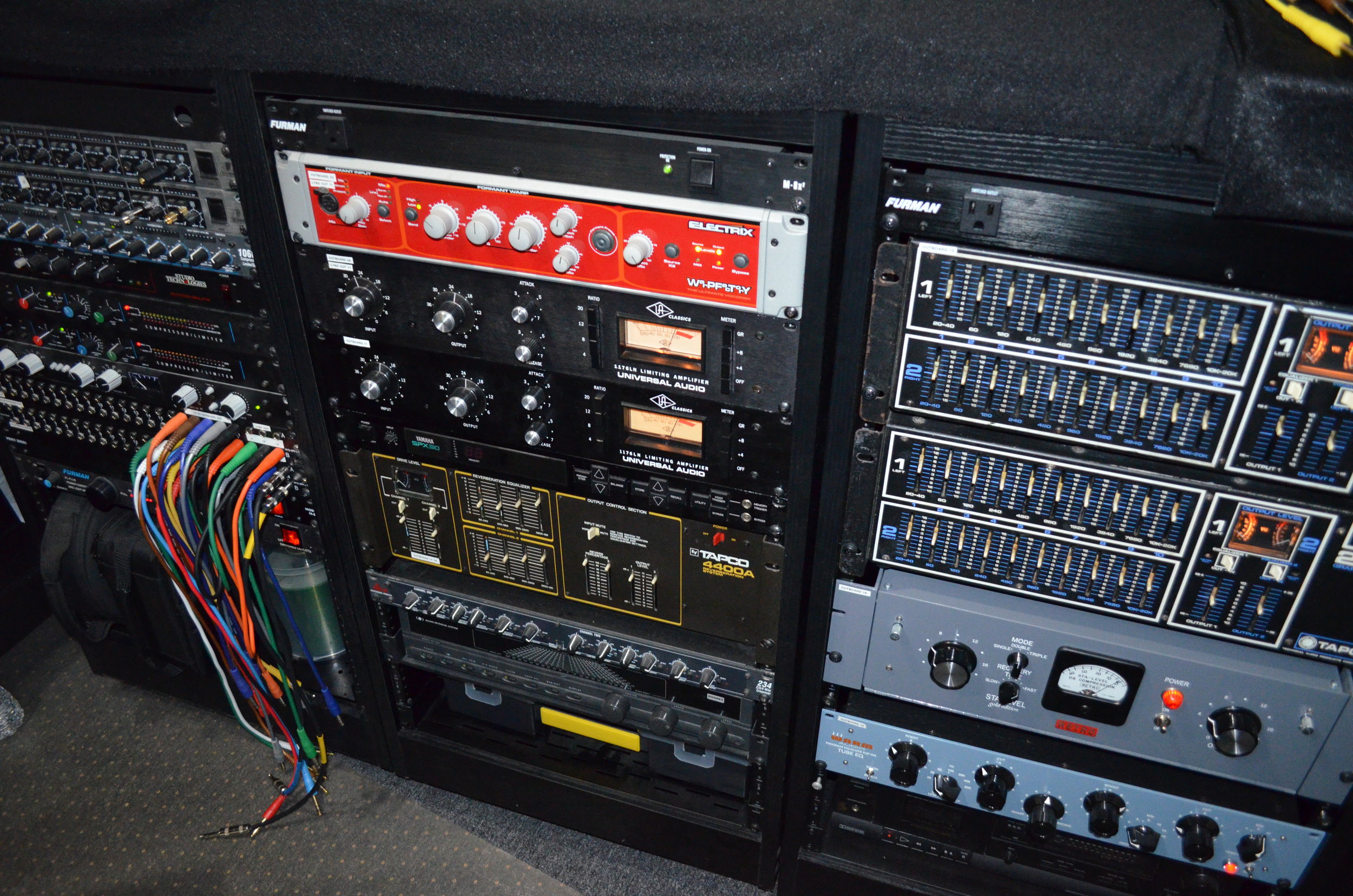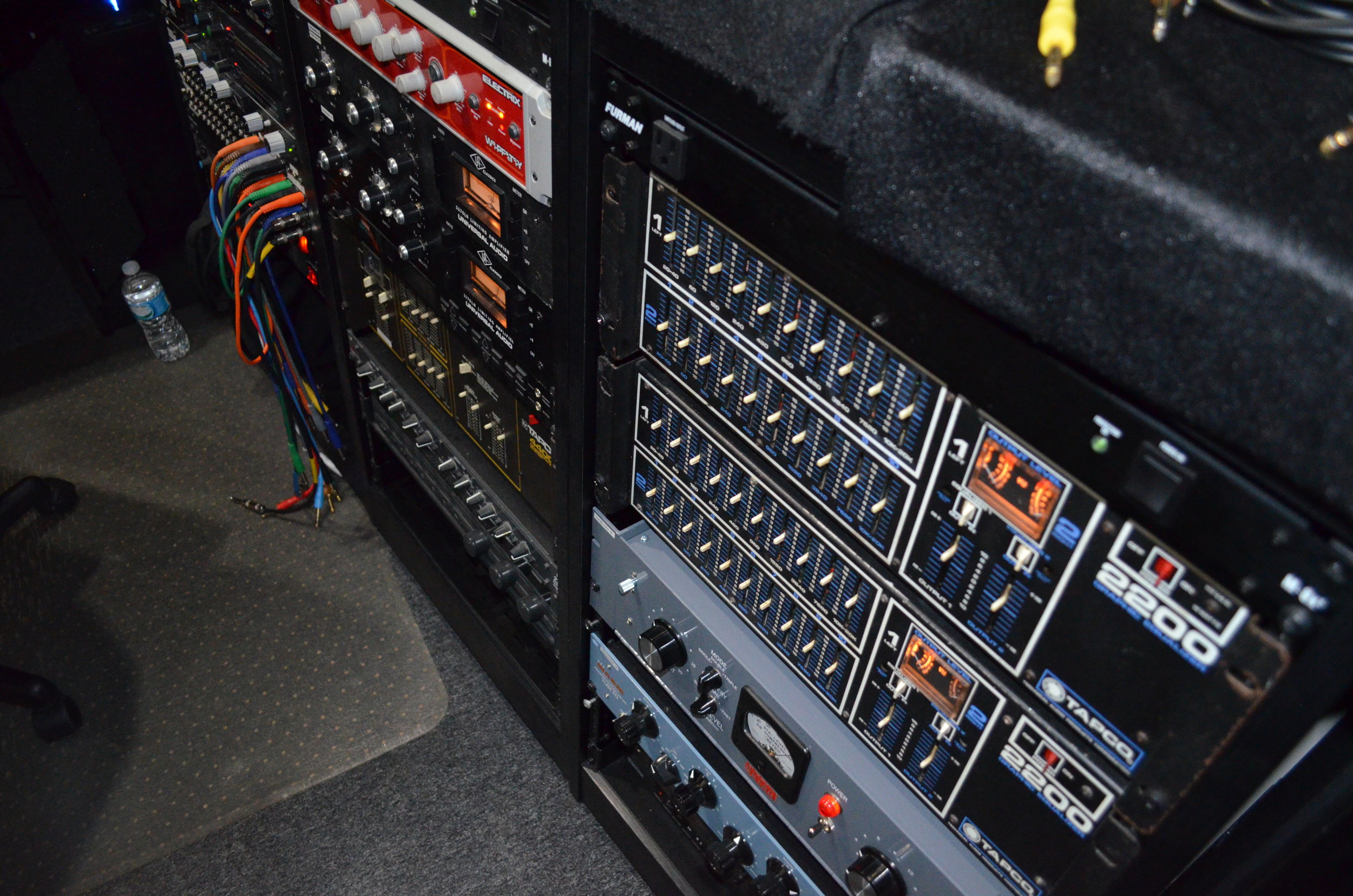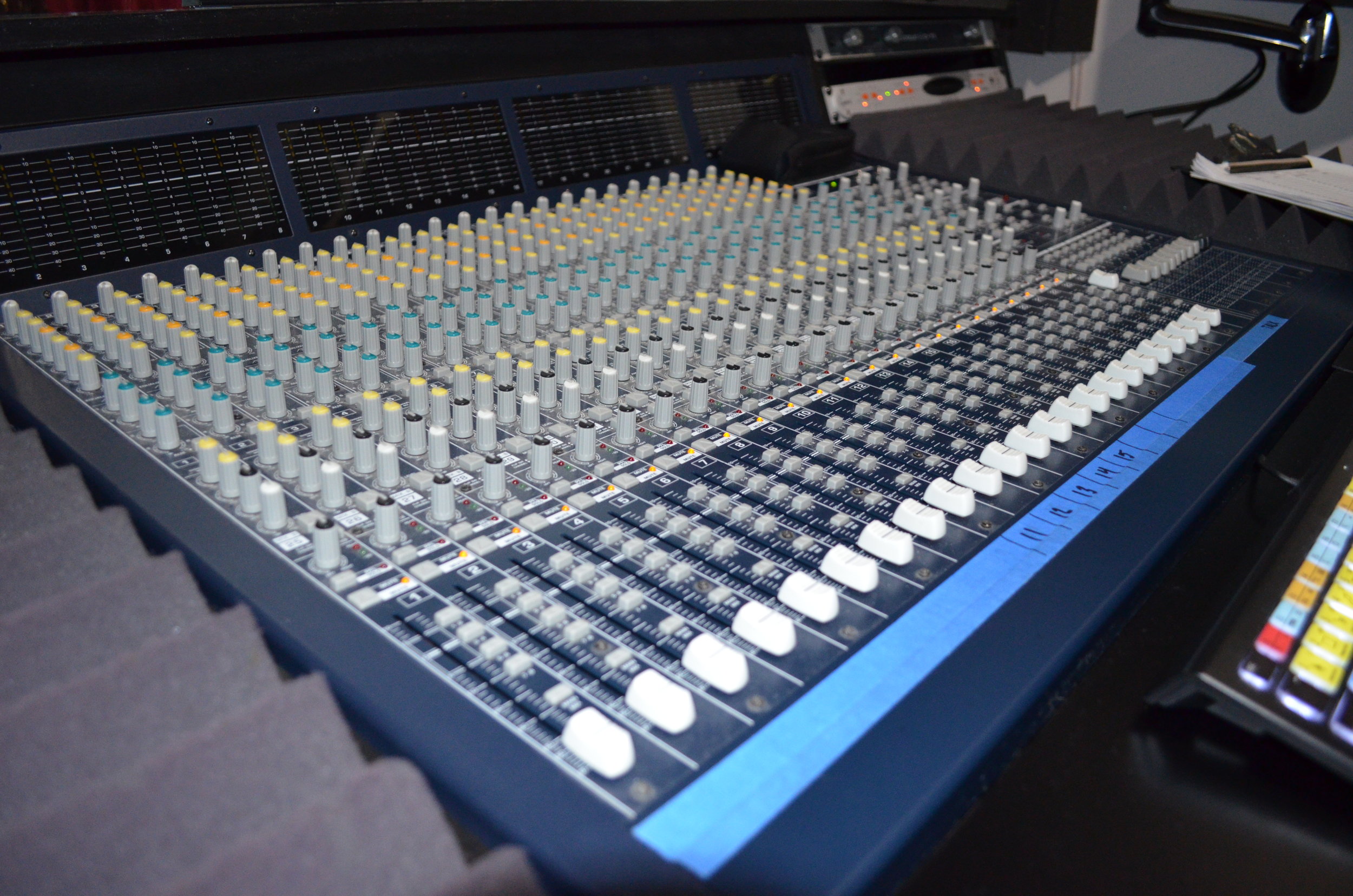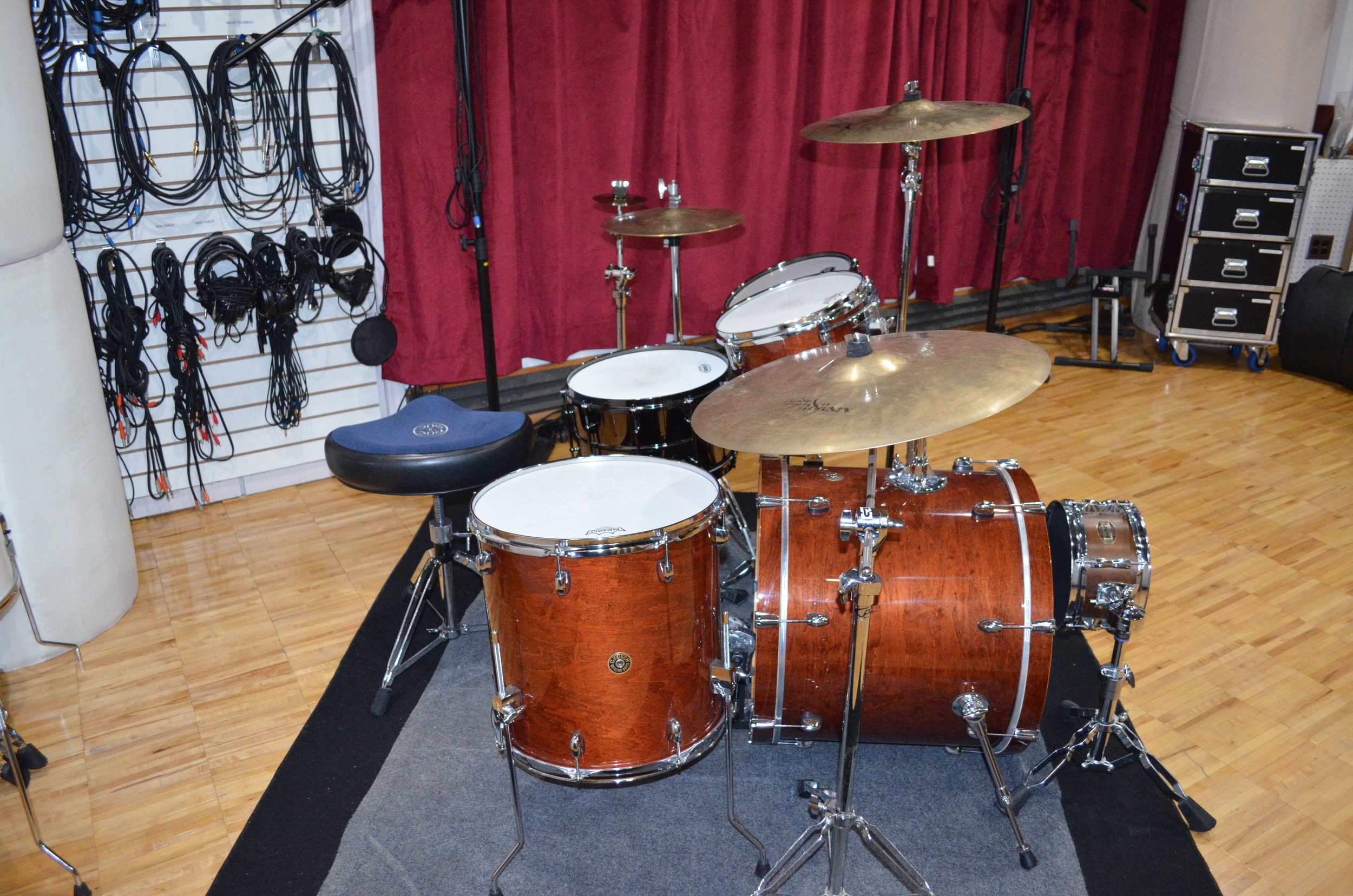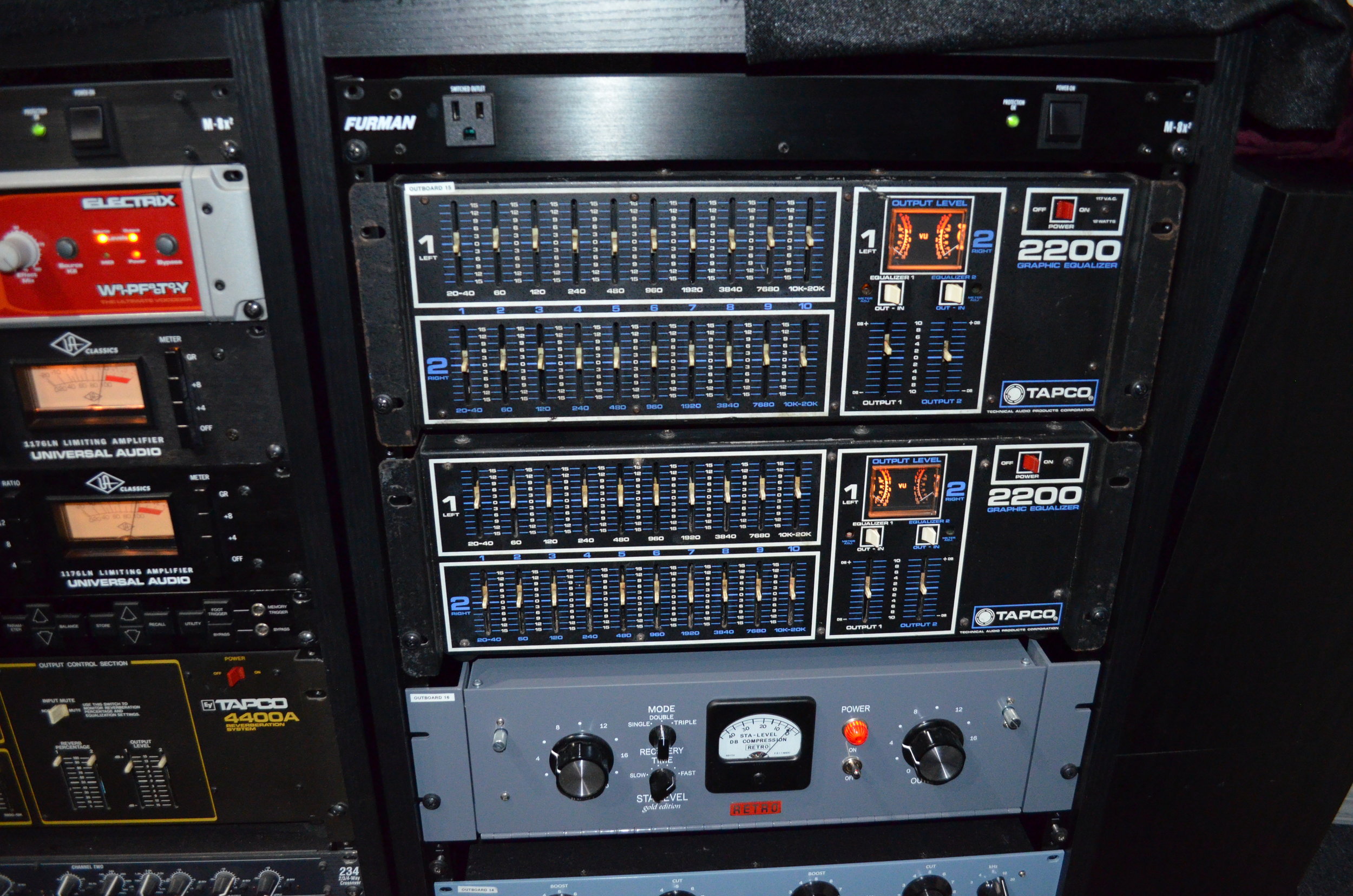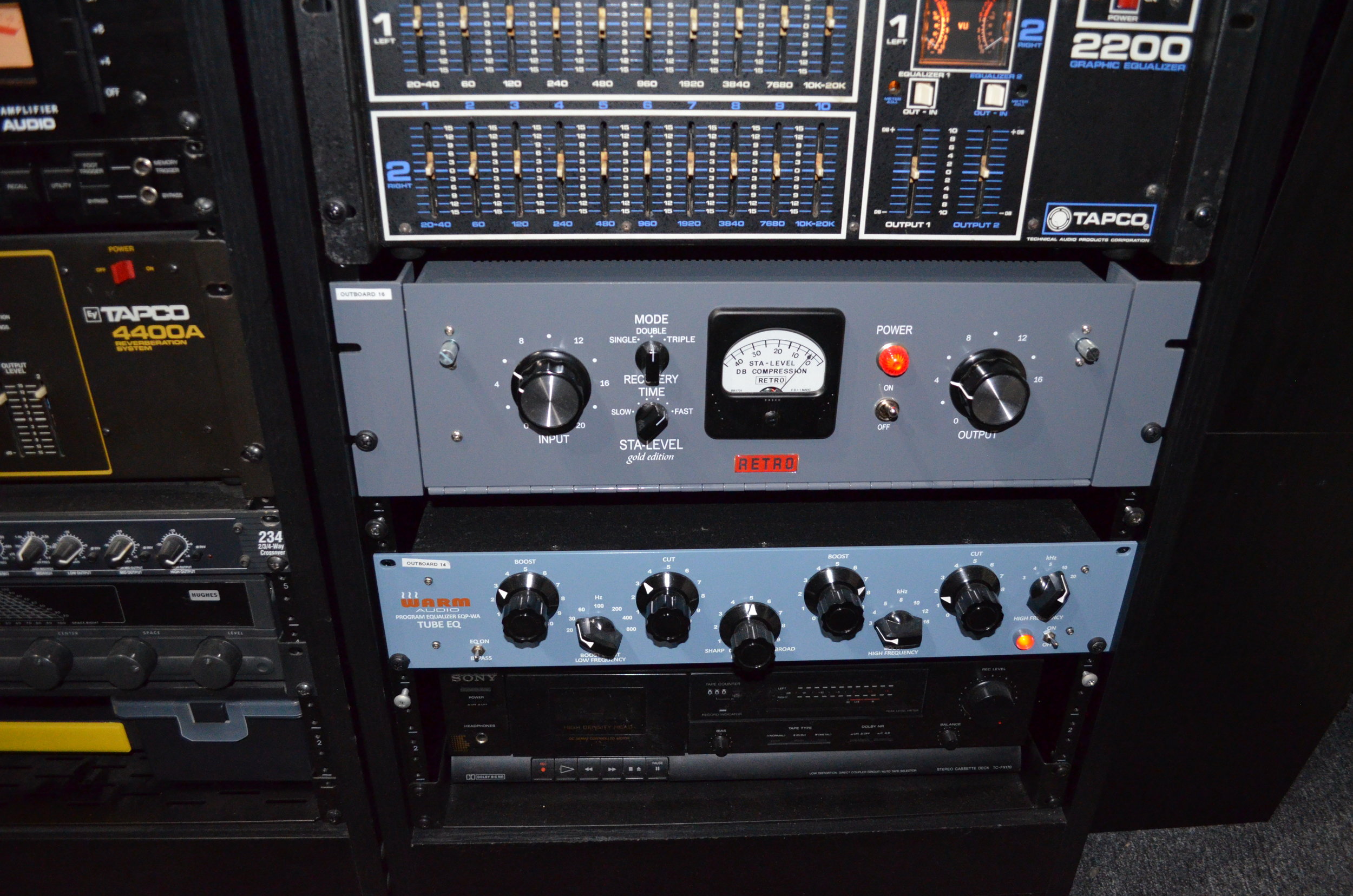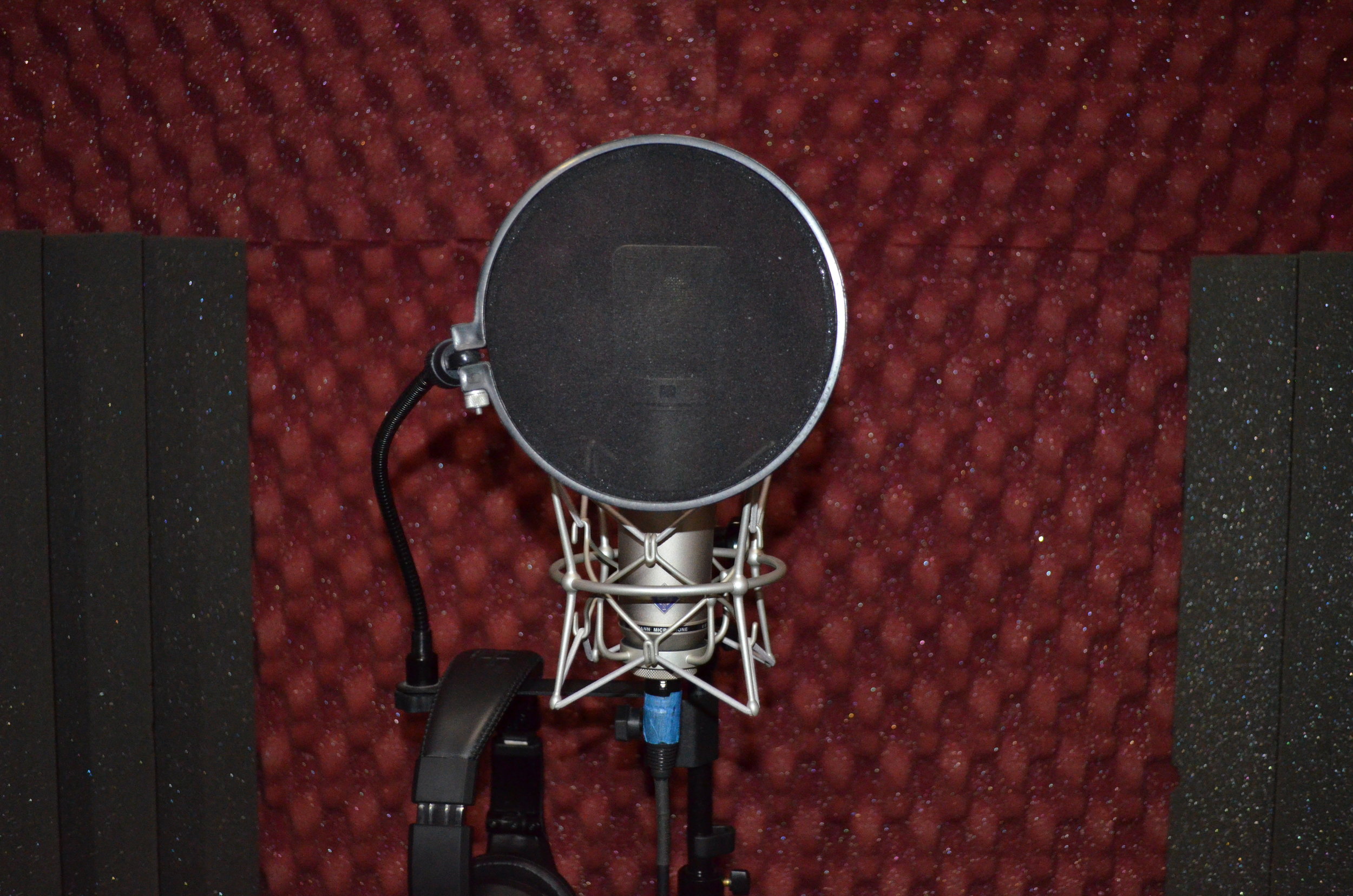You don’t need to go to a four-year school to start your music recording career. All you need is 4 concentrated months with Tim Smith at the Soundscape Studio and Recording School in Royal Oak.
As a full-production studio, Soundscape offers recording, mixing and mastering services to complete your album fully in-house. The recording school within the studio provides 1-on-1 training in recording engineering. After completing the program, students are awarded a certification from the State of Michigan.
Smith began his teaching career while working as a music producer and recording engineer. He reached out to a local recording school to recruit their best student to be his assistant. To his amazement, the star student lacked experience and knowledge in the most basic recording essentials - microphone placement and terminology.
“Going back to that, that was the beginning for me,” he said.
The Soundscape Recording School offers 2 and 4 month programs that teach solely music production. Unlike a university program that requires students to take core subjects like math, science and history, Soundscape created an accelerated program that teaches only music recording and mixing.
“If you want to go a university you’re going to find a couple places like the Art Institute to take a program... but you’re not doing just audio engineering classes. You’re taking math. It’s accredited. We’re a little bit different,” Smith said.
“We are a recording studio and the studio operates 7 days a week for over 12 hours a day. And we have classes that are 1-on-1, which is a huge difference than a university. It’s different than accreditation. You’re going to get a certification that’s certified by the State of Michigan.”
THE INTERVIEW:
YOU GOT INTO TEACHING BECAUSE OF YOUR ENCOUNTER WITH AN INEXPERIENCED INTERN. WHAT WERE THE BASIC THINGS THIS INTERN DIDN’T KNOW?
“Basic terminology. Not having a pretty good understanding of the language. You ought to have a conversation and speak the language. If you’re lost when we’re having conversations using the words ‘attenuation,’ ‘ORTF’ and a ‘space pair,’ then obviously you’re not ready for this.”
Smith also said the student didn’t understand how to properly place mics or know how to choose the right microphone for the right recording application.
WHAT DO YOU WISH BANDS KNEW BEFORE ENTERING THE STUDIO?
“Their music” laughs Smith. “I’m being funny, but it’s kinda true. There are many bands who come in here who don’t know their own songs, who haven’t practiced their own material.”
WHAT DOES AN ENGINEER NEED TO KNOW ABOUT WORKING WITH A BAND, ESSENTIALLY BEING ONE PERSON OUTNUMBERED AGAINST MAYBE 4-5 PEOPLE?
“One of the things I try to translate to my student is you’re their boss,” Smith said.
“It’s very easy to get overwhelmed when you’ve got 5 guys looking at you - this one guy. Maybe you’re sweating. You’re not sure what you’re doing, whatever the case is. Realistically, you have to remember you’re the boss... You’re running the show. They’re looking to you.”
“One of my favorite engineers, Steve Albini, said in an interview, ‘when you finally figure out the majority of your peers in this industry are faking it then you’ll finally get it.’ And that’s the truth.”
Smith said it’s impossible to know everything in music production and that you need to put in your best effort, just as the band needs to put in their best effort to produce the best music.
YOU’VE HAD VERY SUCCESSFUL STUDENTS, ONE WHO WORKED FOR LADY GAGA. WHAT’S THE KEY TO THEIR SUCCESS?
“First let me point out it’s not super common to do a 16-week class and walk out of here and work with Lady Gaga.”
Smith explained that this 16-week course is the starting point for your recording career and that most, if not all, students will need to get an internship after completing the course to build their career.
“Most engineers in my position that are hiring wouldn’t hire out of class, rarely. I have done it but it’s rare,” he said.
Smith explained that it’s important to get 300-400 hours of internship time after completing the course and to create a demo reel to use as your portfolio.
Smith said that by completing this audio engineering course students will learn the correct recording techniques and have an upper hand in finding valuable internships.
IT’S A COMPETITIVE LANDSCAPE FOR RECORDING ENGINEERS. HOW DO YOU LAND THE JOB IN THE STUDIO?
“There’s a lot of rejections and it’s very difficult. The only way to get through it is to push your way through it. And chances are you are going to start your own thing,” said Smith.
Smith gave an example of how a hardworking student of his traveled across America recording bands to create a name for himself. The student eventually got noticed by an indie label and is now a mixing engineer for that label.
He also said it’s important to go to venues to network and meet bands that you would like to record to build a portfolio and get your name out there. By meeting new bands and building your portfolio, you increase your odds of being discovered by a studio.
CAN YOU EXPLAIN THE MYSTERY BEHIND MASTERING?
“Mastering is a number of different things. At this point a lot of mastering is the process of fitting your mix into that commercial equalization curve. If you listen to any modern hits they all fit a curve,” he said.
Smith went on to explain how a finished track’s equalization curve is determined by the genre and by the competitive landscape. The equalization curves of popular music changes by the year and mastering engineers must keep up with the trends.
“Of course we’re also raising the volume,” Smith says.
“We want it to meet current RMS values. As a mastering engineer we need to stay on top of that so we master your mixes so they’re competitive to the current RMS levels.”
Smith also said a crucial part of mastering music is adjusting the frequencies to ensure the music sounds consistent whether the music is played through studio monitors or ear buds.
“We’re trying to translate it more evenly from one system to the next so there’s no major discrepancies,” said Smith.
I’VE BEEN READING ABOUT THE LOUDNESS WAR. IS MUSIC JUST GETTING LOUDER EVERY YEAR? HAS IT EVER GONE DOWN A LITTLE BIT?
“Pretty much the industry has hit a wall -- they can’t really get much louder. Everybody is hoping it’s going to backpedal because it will sound better and back off the limiters, but I haven’t seen people do that personally. I’ve just seen it sit there.”
Smith explained that increasing a track’s volume too much decreases overall sound quality and creates unpleasant harmonic distortion.
“The only way to get it louder is to use limiters,” Smith said. “When you use limiters you’re cutting off peaks. The audio reaches past a threshold that cuts it off and then it’s able to make it that much louder whatever amount if cuts off, that’s how it works.”
“Unfortunately, we’re at a point where the RMS value of a pop song today on the radio is about -8.5 decibels full scale. Somewhere around there, which is really loud,” said Smith.
YOUR CLASS RUNS 3 TIMES A YEAR IN JANUARY, MAY AND SEPTEMBER. WHEN IS A GOOD TIME TO ENROLL BEFORE IT GETS TOTALLY BOOKED UP?
“Right now I’m registering students for classes 8 months in advance. It’s getting that far filled up,” said Smith.
The Soundscape Recording School offers a winter class with a January/February start date.
The summer class starts around May/June and the fall class starts around September/October.
“The fall classes are entirely booked up. Right now I’m scheduling for students for the winter class, which would probably start the end of January or beginning of February.”
Smith said that now is the best time to register for his winter class and that waiting until August/September would be pushing it. He also stated that by registering sooner, you will have better scheduling options for your 1-on-1 classes.
INTERESTED IN ENROLLING OR LEARNING MORE ABOUT THE PROGRAM?
Go to Soundscape Studio & School for the Recording Arts' website to learn more and to contact Tim Smith: http://www.soundscapestudio.com/



